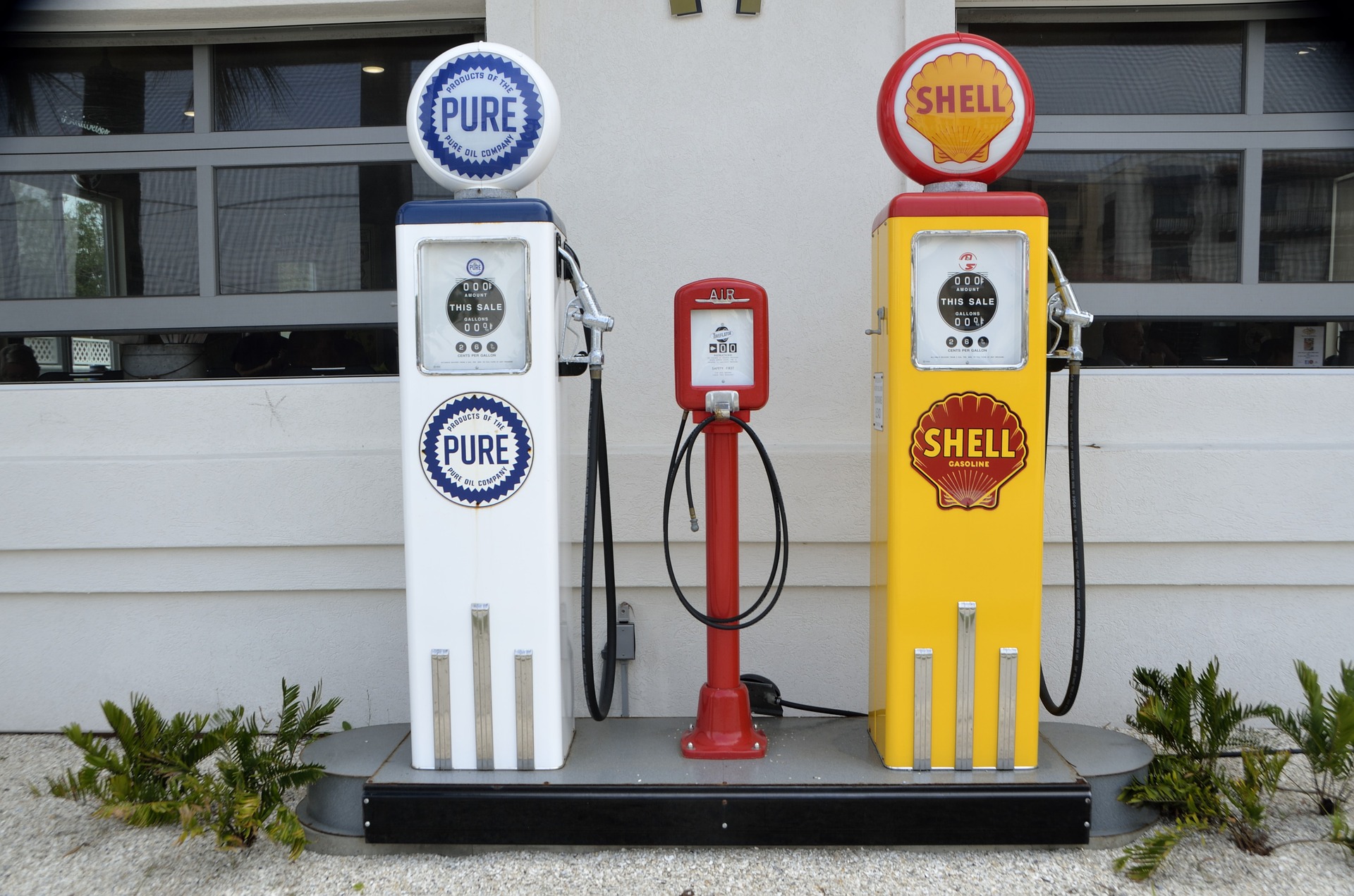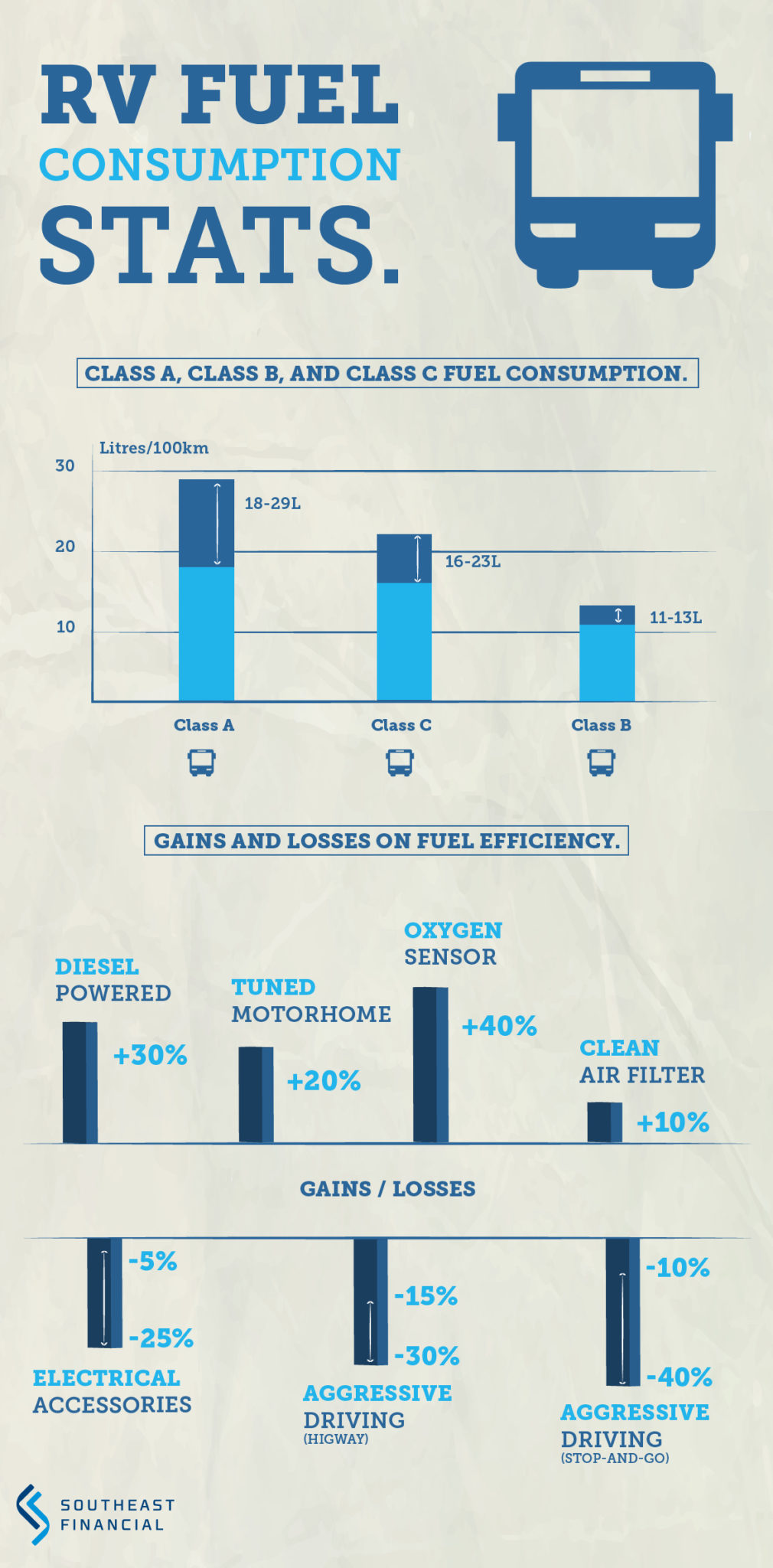The Ford E350 motorhome typically gets around 8-10 mpg on average. The fuel efficiency can vary based on driving conditions and the specific model of the motorhome.
When considering a motorhome like the Ford E350, it’s essential to understand the vehicle’s fuel efficiency to plan for travel expenses and environmental impact. This popular model is a go-to choice for many adventurers, offering ample space and comfort for long journeys.
However, it’s crucial to factor in the fuel consumption to ensure a smooth and cost-effective trip. By understanding the MPG of the E350 motorhome, travelers can make informed decisions about their travel plans and budget accordingly. Additionally, being mindful of eco-friendly driving practices can also contribute to maximizing fuel efficiency and reducing environmental impact.

Understanding Fuel Efficiency
Fuel efficiency is a crucial consideration for anyone owning or thinking about owning a Ford E350 motorhome. Understanding the factors that affect fuel efficiency and the importance of this can help you make informed decisions to optimize your vehicle’s performance. In this article, we’ll explore the key aspects of fuel efficiency in relation to the Ford E350 motorhome MPG.
Factors Affecting Fuel Efficiency
Driving habits: Aggressive acceleration and braking can significantly reduce fuel efficiency.
- Vehicle maintenance: Regular tune-ups and proper tire pressure can improve MPG.
- Weight: Excessive cargo or the addition of heavy accessories can reduce fuel efficiency.
- Aerodynamics: Adding rooftop cargo carriers or large trailers can increase air resistance and lower MPG.
Importance Of Fuel Efficiency
Cost savings: A more fuel-efficient Ford E350 motorhome can result in substantial savings over time.
Environmental impact: Lower fuel consumption reduces greenhouse gas emissions and helps preserve the environment.

Credit: www.sefinancial.com
Tips For Maximizing Fuel Efficiency
When it comes to maximizing the fuel efficiency of your Ford E350 motorhome, there are several tips and techniques that can help you get the most out of every gallon. By following some simple practices, you can optimize your MPG and make the most of your road trips.
Regular Maintenance And Tune-ups
Regular maintenance and tune-ups are crucial for keeping your motorhome running efficiently. Ensure that your engine is in top condition by sticking to the manufacturer’s recommended service schedule. This can include changing the oil, replacing air filters, and ensuring that the ignition system is in good working order.
Proper Tire Inflation
Proper tire inflation is essential for maximizing fuel efficiency. Underinflated tires can increase rolling resistance, leading to decreased MPG. Regularly check your tire pressure and keep them inflated to the recommended levels specified in your vehicle manual.
Avoid Excessive Idling
Avoid excessive idling to conserve fuel. Idling for extended periods burns unnecessary fuel and contributes to poor MPG. If you anticipate being stationary for an extended period, consider turning off the engine to save fuel.
Reduce Extra Weight
Reduce extra weight by removing unnecessary items from your motorhome. Carrying excess weight can negatively impact fuel efficiency. Traveling lighter can help improve your MPG and make your journeys more economical.
Optimal Driving Techniques
Adopt optimal driving techniques to maximize fuel efficiency. This can include maintaining a steady speed, avoiding sudden acceleration and deceleration, and anticipating traffic conditions to reduce the need for abrupt maneuvers.
Choosing The Right Fuel
Choosing the right fuel for your Ford E350 Motorhome can significantly impact its MPG. Opting for a fuel with higher octane rating and lower ethanol content can help improve the vehicle’s efficiency. Proper fuel selection ensures optimal performance and fuel economy for your motorhome.
When it comes to optimizing the performance and fuel efficiency of your Ford E350 Motorhome, choosing the right fuel is crucial. Understanding octane ratings and considering alternative fuels can help you make an informed decision that not only benefits your vehicle but also the environment.
Understanding Octane Ratings
Octane ratings refer to the measure of a fuel’s ability to resist engine knocking or pinging. In simple terms, it determines the quality of the fuel you put into your Ford E350 Motorhome. Higher octane ratings generally indicate a higher resistance to knocking. It is important to note that not all vehicles require high octane fuels.
While the Ford E350 Motorhome engine is designed to run on regular unleaded gasoline with an octane rating of 87, it is always wise to consult your owner’s manual or contact the manufacturer to determine the recommended octane level for your specific engine. Using a higher octane fuel than necessary may not provide any additional benefits and can result in unnecessary expenses.
Considering Alternative Fuels
As the world moves towards a greener future, alternative fuels have gained popularity. These fuels not only reduce dependence on traditional gasoline but are also more environmentally friendly. When considering alternative fuels for your Ford E350 Motorhome, it’s essential to understand the options available and their compatibility with your engine.
Biodiesel: Biodiesel is a renewable fuel derived from vegetable oils or animal fats. It can be used in diesel engines with little to no modifications, making it a convenient option for Ford E350 Motorhome owners. Biodiesel helps reduce greenhouse gas emissions and improves the overall air quality. However, it’s important to ensure that the biodiesel you choose meets the appropriate industry standards.
Propane (LPG): Propane, also known as Liquefied Petroleum Gas (LPG), is a clean-burning fuel that offers excellent fuel efficiency. It can be used as an alternative to gasoline and is readily available at various fueling stations. Converting your Ford E350 Motorhome to run on propane may require certain modifications, but it can be a worthwhile investment considering the long-term cost savings and reduced emissions.
Electricity: Electric vehicles (EVs) are becoming increasingly popular due to their zero-emission nature. While Ford E350 Motorhomes are not typically electric, it is worth mentioning that the market for electric RVs is growing. As technology advances, we may see electric options more readily available in the future.
Considering these alternative fuels can not only help reduce your carbon footprint but also potentially save you money on fuel costs. However, it’s important to weigh the benefits against the availability of fueling stations and the upfront costs associated with modifying your vehicle.
Modifications To Improve Fuel Efficiency
Improving the fuel efficiency of your Ford E350 Motorhome is essential for saving on costs and minimizing environmental impact. By making specific modifications, you can enhance the miles per gallon (MPG) your motorhome gets, maximizing your travel experience.
Aerodynamic Upgrades
Reducing wind resistance is crucial in improving fuel efficiency. Implementing aerodynamic upgrades such as a roof deflector and side skirts can streamline your motorhome, allowing it to move through the air more efficiently.
Engine Modifications
Optimizing the engine performance can significantly impact fuel efficiency. Tuning the engine for efficiency, using high-quality lubricants, and ensuring proper maintenance are all effective ways to improve MPG.
Fuel Additives
Using high-quality fuel additives can enhance the combustion process, leading to improved fuel efficiency. Additives that clean the engine and fuel system can optimize performance and increase MPG.
Utilizing Technology For Improved Efficiency
Modern Ford E350 Motorhomes leverage advanced technologies to enhance fuel efficiency and performance. Discover how these innovations benefit your MPG.
Onboard Trip Computers
Ford E350 Motorhomes are equipped with onboard trip computers that monitor real-time fuel consumption, allowing drivers to adjust their driving habits for optimal efficiency.
Gps Navigation Systems
GPS navigation systems in Ford E350 Motorhomes provide optimized routes that consider factors like traffic and road conditions, helping to minimize fuel consumption on each journey.

Credit: www.amazon.com

Credit: www.sefinancial.com
Frequently Asked Questions On Ford E350 Motorhome Mpg
How Can I Improve Ford E350 Motorhome Mpg?
To improve Ford E350 motorhome MPG, ensure regular maintenance, drive at steady speeds, reduce weight, keep tires properly inflated, limit AC usage, and avoid aggressive driving.
What Is The Average Ford E350 Motorhome Mpg?
The average Ford E350 motorhome MPG ranges from 8 to 12 miles per gallon depending on driving conditions, weight, maintenance, and terrain.
What Factors Affect Ford E350 Motorhome Fuel Efficiency?
Factors affecting Ford E350 motorhome fuel efficiency include vehicle weight, driving habits, maintenance, terrain, weather conditions, and aerodynamics.
How To Calculate Ford E350 Motorhome Fuel Consumption?
Calculate Ford E350 motorhome fuel consumption by dividing the distance traveled by the amount of fuel used in gallons. This will give you the miles per gallon (MPG) figure.
Conclusion
To summarize, the Ford E350 Motorhome offers impressive fuel efficiency, making it a cost-effective choice for those seeking a comfortable and reliable recreational vehicle. With its dependable engine and efficient design, drivers can expect decent mileage on their adventures without breaking the bank.
So, if you’re in search of an RV that allows you to go further without worrying about frequent fuel stops, the E350 Motorhome is worth considering. Upgrade your travel experience and hit the road with confidence in this fuel-efficient marvel.
Happy travels!